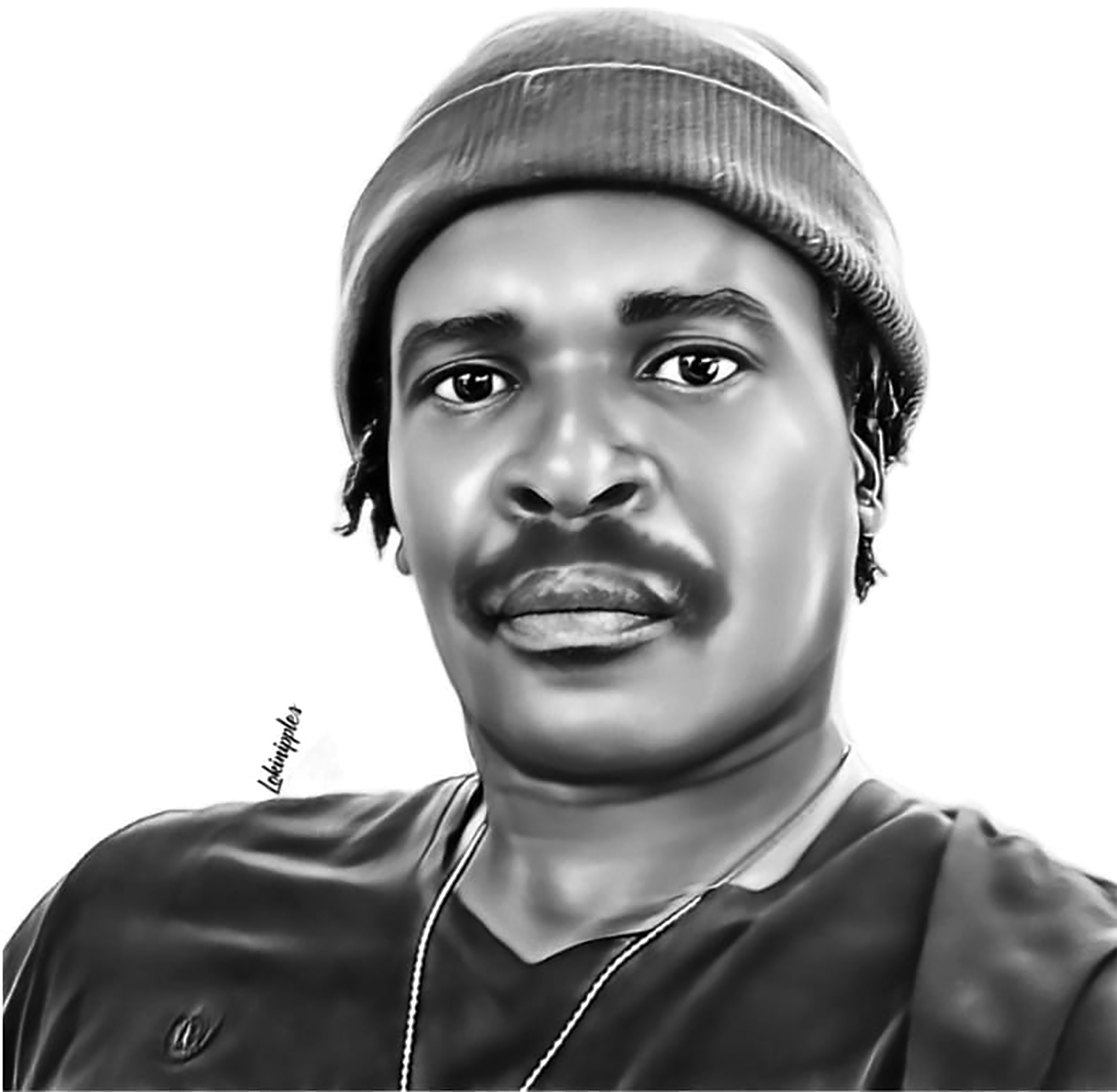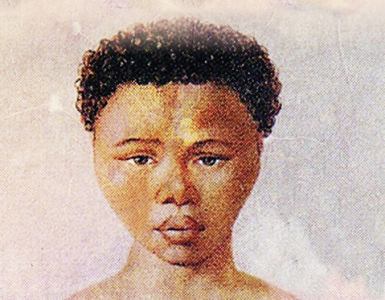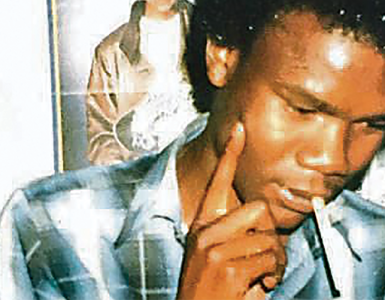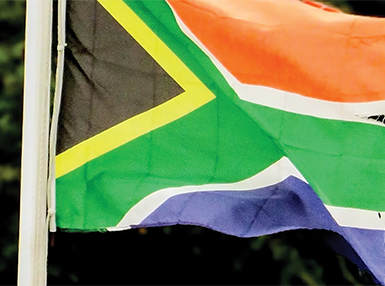TESTAMENT: His courage, intellectual acumen and unwavering commitment to justice continue to inspire the oppressed…

By Xola George Tyamzashe
As we celebrate the centenary celebration of Mangaliso Robert Sobukwe, a pivotal figure in the struggle not just against apartheid in South Africa but colonialism in the world and Africa in particular. Sobukwe’s steadfast commitment to the fight against white supremacy and his influential role in the launch of the armed struggle significantly shaped the trajectory of the liberation movements. Through his resolute actions and impassioned rhetoric, Sobukwe left an indelible mark on South African history and continues to inspire generations of activists.
Mangaliso Robert Sobukwe, born on December 5, 1924, in Graaff-Reinet, Cape Province, South Africa emerged as a prominent leader and intellectual who fearlessly challenged the oppressive system of apartheid and mobilized others to join the struggle for liberation. Sobukwe played a pivotal role in initiating the armed resistance against apartheid, and his unwavering dedication to the cause continues to resonate with those who champion freedom and equality.
From an early age, Sobukwe exhibited a deep sense of justice and an unwavering commitment to dismantling the structures of racial oppression in South Africa. As a student, he became acutely aware of the pervasive discrimination and inequality faced by Africans, which fueled his resolve to challenge the status quo. Sobukwe’s profound understanding of the insidious nature of white supremacy informed his famous declaration: “Let it be clear that we are not fighting just apartheid. We are fighting the whole concept of white supremacy. And we are fully aware of the nature and size of our task. And we will not shirk it.”
This resolute stance encapsulates Sobukwe’s recognition of the systemic nature of oppression and his determination to confront it comprehensively. His words not only articulated the urgent need for resistance but also underscored the moral imperative to confront the entrenched ideology of white supremacy that underpinned apartheid. As the founder of the Pan Africanist Congress, Sobukwe advocated for a more militant approach to resistance, earning him the moniker “the father of the arm struggle.” His steadfast commitment to the liberation of his people and his unwavering belief in the principles of Pan-Africanism left an indelible mark on the history of South Africa.
Sobukwe’s pivotal role in the launch of the armed struggle against apartheid marked a watershed moment in the anti-apartheid movement. Recognizing the limitations of nonviolent protest in the face of state-sponsored violence and repression, he advocated for a more assertive and confrontational approach to combatting the apartheid regime. His leadership and strategic vision were instrumental in galvanizing support for armed resistance as a means to challenge the entrenched power structures of apartheid.
Sobukwe’s political awakening coincided with the rise of apartheid in South Africa, and he became increasingly involved in the struggle against racial oppression. In 1959, he founded the Pan Africanist Congress (PAC), a political organization that sought to combat apartheid through non-collaboration and direct action. The PAC’s guiding philosophy was rooted in the principles of Pan-Africanism, emphasizing the unity and liberation of all African people. Under Sobukwe’s leadership, the PAC advocated for a more militant approach to resistance, rejecting the passive strategies of the African National Congress (ANC) and calling for direct confrontation with the apartheid regime.
Sobukwe’s intellectual contributions, particularly in the realms of Pan-Africanism, racial equality, and global politics, demonstrate a depth of understanding that surpasses that of many scholars. Through an exploration of his writings, speeches, and actions, this article highlights Sobukwe’s astute observations and enduring relevance in today’s world, his intellectual prowess and incisive analysis of the world sets him apart as a visionary leader whose insights continue to resonate in contemporary discourse. Sobukwe’s comprehensive understanding of the interconnectedness of global events, the enduring impact of colonialism, and the imperative of Pan-African solidarity positions him as a thinker whose analysis exceeds that of many scholars. This article further elucidates Sobukwe’s profound analysis of the world and its enduring relevance amidst the complexities of the modern era.
Sobukwe’s analysis of the world encompassed a fervent commitment to racial equality and the affirmation of human dignity. He astutely recognized the pervasive impact of racism and discrimination on a global scale, calling for the eradication of systems that perpetuate inequality and dehumanization. Sobukwe’s insights into the enduring legacy of colonialism and the persistence of racial hierarchies illuminated the complexities of power dynamics and the necessity of dismantling oppressive structures worldwide.
In his analysis of the world, Sobukwe articulated the imperative of decolonization and the assertion of self-determination for oppressed peoples. His intellectual contributions transcended conventional academic discourse, offering a profound critique of the enduring effects of colonialism and the complexities of achieving genuine independence. Sobukwe’s deep understanding of the historical processes that shaped the global order provided a nuanced perspective on the challenges and aspirations of formerly colonized nations seeking to assert their sovereignty in a post-colonial world.
Sobukwe’s analysis of the world remains profoundly relevant in the contemporary context, providing valuable insights for addressing the persistent challenges of inequality, racism, and global injustice. His intellectual legacy continues to inspire scholars, activists, and leaders seeking to understand and confront the complex realities of our interconnected world. Sobukwe’s comprehensive analysis serves as a timeless guide for navigating the complexities of global politics, fostering solidarity across borders, and advancing the cause of justice and human dignity.
In 1960, following the Sharpeville massacre, where peaceful protesters were brutally gunned down by security forces, Sobukwe and the Pan Africanist Congress (PAC) organized a nationwide campaign of protests, culminating in the declaration of a national day of action against pass laws. This marked a turning point in the struggle, as it demonstrated the resolve of the oppressed to resist through all available means. Sobukwe’s unwavering commitment to confronting white supremacy and his advocacy for armed resistance were pivotal in shaping the trajectory of the anti-apartheid struggle.
Sobukwe’s imprisonment symbolized the apartheid regime’s fear of his influence and the threat he posed to their oppressive system, his enduring legacy extends far beyond his role as a revolutionary leader. His courage, intellectual acumen, and unwavering commitment to justice continues to inspire the oppressed. Robert Mangaliso Sobukwe’s profound analysis of the world transcends that of many scholars, offering invaluable insights into the complexities of global politics, racial equality, and the imperative of Pan-African solidarity. Sobukwe’s analysis of colonialism went beyond a mere condemnation of past injustices; he articulated a comprehensive understanding of its enduring effects on the African continent and its people. His views on colonialism and its impact on Africa can be examined through several key perspectives.
Sobukwe recognized colonialism as a system of systematic exploitation and oppression that had profoundly shaped the socio-economic and political landscape of Africa.
He understood that colonial powers had exploited the continent’s resources, labor, and markets for their own benefit, leading to the impoverishment and disempowerment of African societies. Sobukwe’s analysis underscored the enduring legacies of economic exploitation and the social dislocation wrought by colonial rule.
In addition to economic exploitation, Sobukwe emphasized the cultural and psychological consequences of colonialism on African societies. He highlighted how colonialism had disrupted traditional social structures, eroded indigenous knowledge systems, and imposed Eurocentric values and norms. Sobukwe’s analysis recognized the profound impact of colonialism on African identities and the psychological trauma inflicted by centuries of subjugation and cultural erasure.
Sobukwe astutely observed the political subjugation of African nations under colonial rule and the divisive tactics employed by colonial powers to maintain control. He understood how colonial administrations had manipulated ethnic, tribal, and religious divisions to perpetuate their authority, fostering internal conflicts and undermining the unity of African communities. Sobukwe’s analysis of colonialism encompassed a keen awareness of the enduring impact of these divide-and-rule strategies on post-colonial African nations.
Central to Sobukwe’s views on colonialism was the conviction that African nations had the inherent right to self-determination and sovereignty. He articulated the necessity of liberation struggles to overthrow colonial rule and reclaim agency over African lands and resources. Sobukwe’s analysis of colonialism emphasized the imperative of decolonization and the assertion of political independence as essential steps towards rectifying the injustices wrought by centuries of foreign domination.
Sobukwe’s views on colonialism were deeply intertwined with his advocacy for Pan-African solidarity and unity. He recognized that the impact of colonialism transcended individual African nations, underscoring the interconnectedness of the continent’s struggles against imperialism and exploitation. Sobukwe’s analysis emphasized the importance of forging solidarity among African nations and fostering a collective vision for the liberation and advancement of the entire continent.
In conclusion, Robert Sobukwe’s views on colonialism and its impact on Africa reflected a profound understanding of the multifaceted legacies of colonial rule. His analysis encompassed economic exploitation, cultural and psychological consequences, political subjugation, the struggle for liberation, and the imperative of Pan-African solidarity. Sobukwe’s insights continue to resonate as a testament to the enduring impact of colonialism on the African continent and the ongoing quest for justice, equality, and self-determination.
- Xola Tyamzashe a former child soldier and member of the Azanian People’s Liberation Army, the military wing of the Pan Africanist Congress of Azania and author of the upcoming poetry collection titled, ‘Products of the Azanian Chimerenga’ and autobiography titled ‘The Metamorphosis of a Lone Revolutionary’: Memoirs of a Child Soldier































